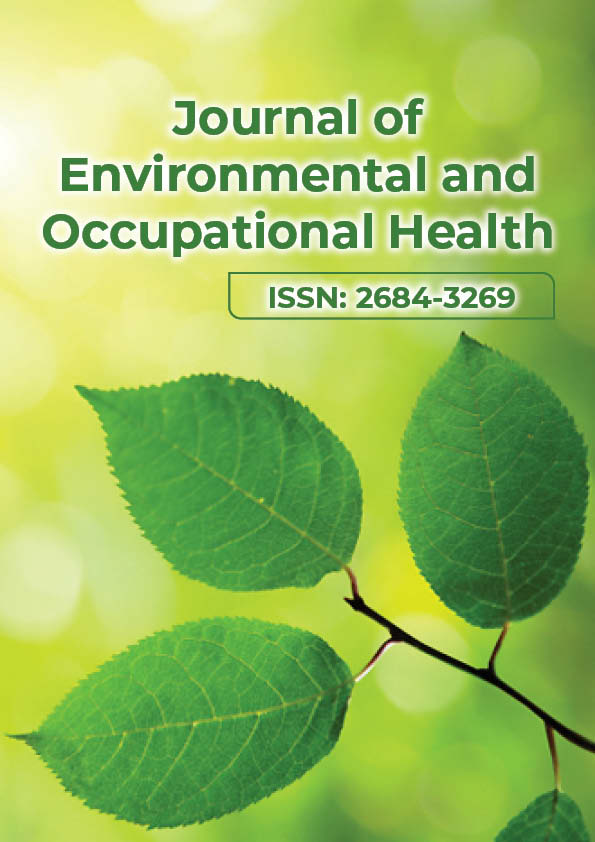Screening of selected vegetables from Wudil, Farmlands In Kano State, Nigeria for organophosphorus and organochlorine pesticide residues
Abstract
Chimaobi James Ononamadu, Mustapha Mohammed Barau, Kailani Salawu, Godwin Okwudiri Ihegboro, Tajudeen Alowonle Owolarafe, Afolayan Tajudeen Lawal, Moses Leke Oshobu, Paul E. Unah
Improper pesticide use in agriculture in rural areas portends huge health hazard to humans and other biological life forms. This present study was aimed at screening four vegetables randomly sampled from selected farmlands in Wudil, Kano State of Nigeria for pesticide residues and their derivatives with the intention of determining possible contamination from pesticides residues. The extraction was carried out by standard pro-cedures and the identification and quantification of pesticide residues were carried out by gas chromatography–mass spectrometry analysis. The result revealed chlorpyrifos (an organophosphorus) as the only known active pesticide residue detected in all four vegetables. The mean levels of chlorpyrifos detected (1.42, 1.69, 1.86, and 2.10 mg/kg of sample) in spinach, carrot, cabbage, and garden egg, respectively, were significantly higher (p < 0.05) than the WHO/FAO maximum residual limit of 0.5–1.0 mg/kg of sample. Also, naphthalene and alkylben-zenes, which are volatile organic compounds described as co-formulants in pesticides were detected. This result is indicative of risk and public health concerns. Sensitization of farmers on best practice as well as strict monitoring and regulation of pesticide use is still hugely desired.
PDF




